Q&A: Praveen Asthana, vice president of storage and networking for Dell
We speak to one of Dell’s top hardware executives about virtualisation, the cloud and the company’s plans.


What were the storage trends of 2009 that you think will continue to expand in 2010?
Deduplication is a big one. There is a lot of interest in dedupe. It is going to be increasing as data is increasingly dramatically. This also [means] archiving - where you put your data - is going to increase.
Tiered storage is another area. Again this comes from the economic issue [with customers] having to optimise how they distributed data and storage. They can't keep it all on [primary], you have to move it around to cheaper storage.
It is going to continue to be big but I was at a customer conference in Europe last year and I brought up this question of tiering. I said "I am sure you guys have looked at tiering" and they said "yes, we have but it is too much of a headache as now you are leaving it to me to decide when to move data where and I don't want to do that."
I said "why don't you leave it to the end user?" Well the end user doesn't care. As far as the end user is concerned, [they want you to] keep their data on the fastest possible media and tier everyone else's. So no-one is going to move the data themselves.
Then the administrator has to move the data. You can use policies like after 30 days move it here etc but there is data that is more valuable and retains its need for urgency no matter how old it is So I think software that allows for that movement will be important.
So does Dell plan to get involved more in this area?
Sign up today and you will receive a free copy of our Future Focus 2025 report - the leading guidance on AI, cybersecurity and other IT challenges as per 700+ senior executives
Dell is taking all the customer input and coming up with solutions. Whether the solutions are entirely made by Dell, partnered or whether we buy a company to get that solution it is up in the air [but] for all these areas we are going to definitely add products for our customers."
Where does virtualisation fit in when it comes to storage? Is it still holding back?
With server virtualisation, the idea behind [it] is to take one server and chop it up into lots of little bits [yet] storage virtualisation wants to take lots of little bits of storage and make it look like one big bit. It is the total opposite execution. You are still abstracting from the physical but you are doing it differently.
Most companies have implemented or are implementing server virtualisation for the benefits of increasing utilisation. If you do that then you actually run into problems with your storage as it wasn't designed for it. So that interlink has to be optimised.
If you look at storage virtualisation, the idea is to take lots of separate storage boxes and make it look like one big box. Why? Because it is easier to manage one box than lots of little ones and also because usually when you start filling up a file system and you fill up one box, what do you do with the rest? You can't break it and put it in another box. It is too hard to access those two things. So you want it to look like one big box so you can break it up. This is what we do with Equalogic.
Has there been a big take-up in Equalogic technology since you bought it two years ago?
It has done really well. I think when we bought it we had in the range of 2,000 customers or so and now we have 12,000. We had very few customers in Europe - just a handful - and now we have 4,000 so it has been very successful for us.
I think that it is doing well with customers who bought server virtualisation, it is doing well with customers who want to save money and it is doing well with customers who don't have a lot of IT skills.
Jennifer Scott is a former freelance journalist and currently political reporter for Sky News. She has a varied writing history, having started her career at Dennis Publishing, working in various roles across its business technology titles, including ITPro. Jennifer has specialised in a number of areas over the years and has produced a wealth of content for ITPro, focusing largely on data storage, networking, cloud computing, and telecommunications.
Most recently Jennifer has turned her skills to the political sphere and broadcast journalism, where she has worked for the BBC as a political reporter, before moving to Sky News.
-
 The modern workplace: Standardizing collaboration for the enterprise IT leader
The modern workplace: Standardizing collaboration for the enterprise IT leaderHow Barco ClickShare Hub is redefining the meeting room
-
 Interim CISA chief uploaded sensitive documents to a public version of ChatGPT
Interim CISA chief uploaded sensitive documents to a public version of ChatGPTNews The incident at CISA raises yet more concerns about the rise of ‘shadow AI’ and data protection risks
-
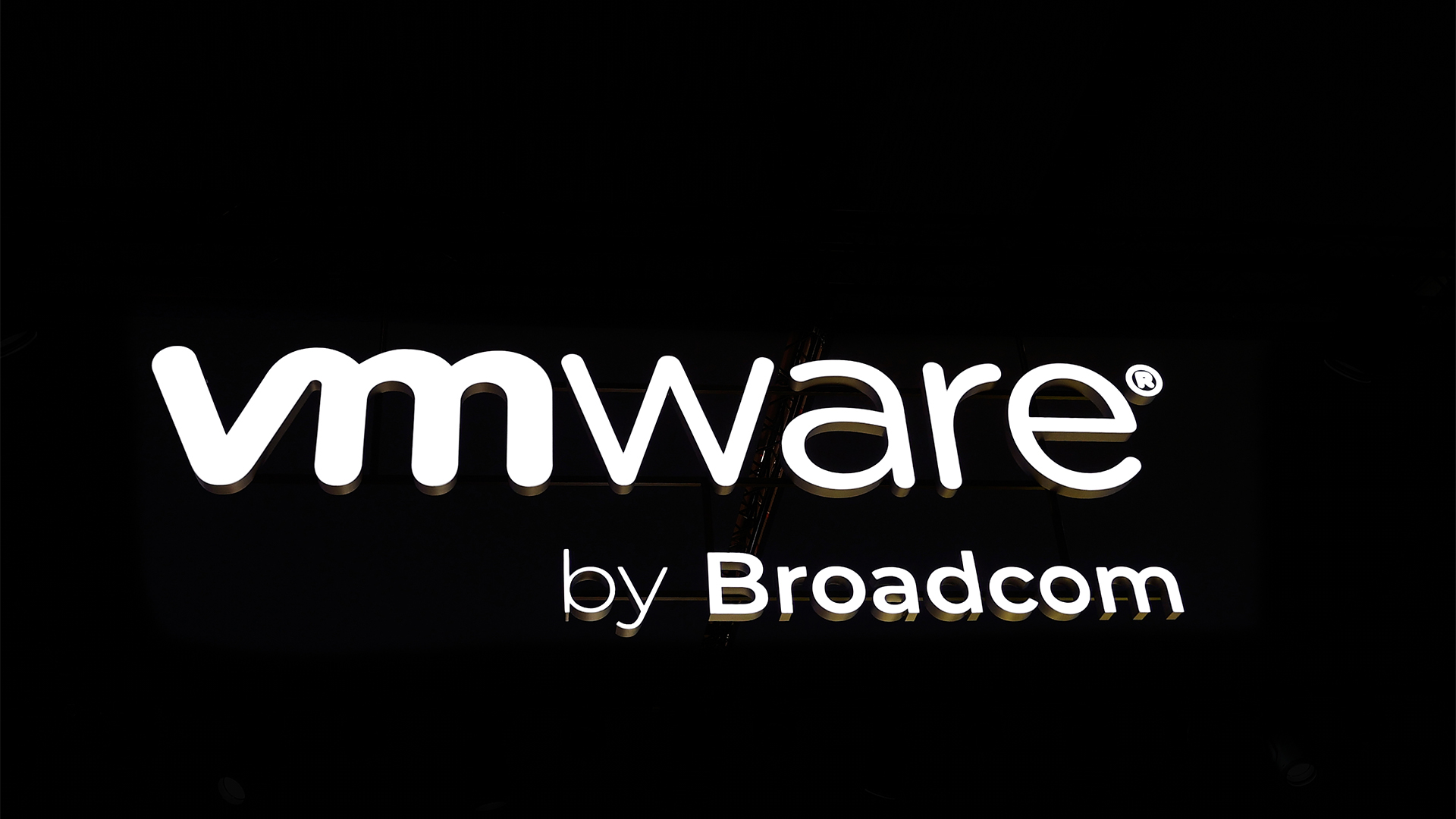 Computacenter enters the fray against Broadcom in Tesco's VMware lawsuit
Computacenter enters the fray against Broadcom in Tesco's VMware lawsuitNews The IT reseller has added its own claim against Broadcom in VMware case brought by Tesco
-
 Who is John Roese?
Who is John Roese?Dell's CTO and Chief AI Officer John Roese brings pragmatism to AI
-
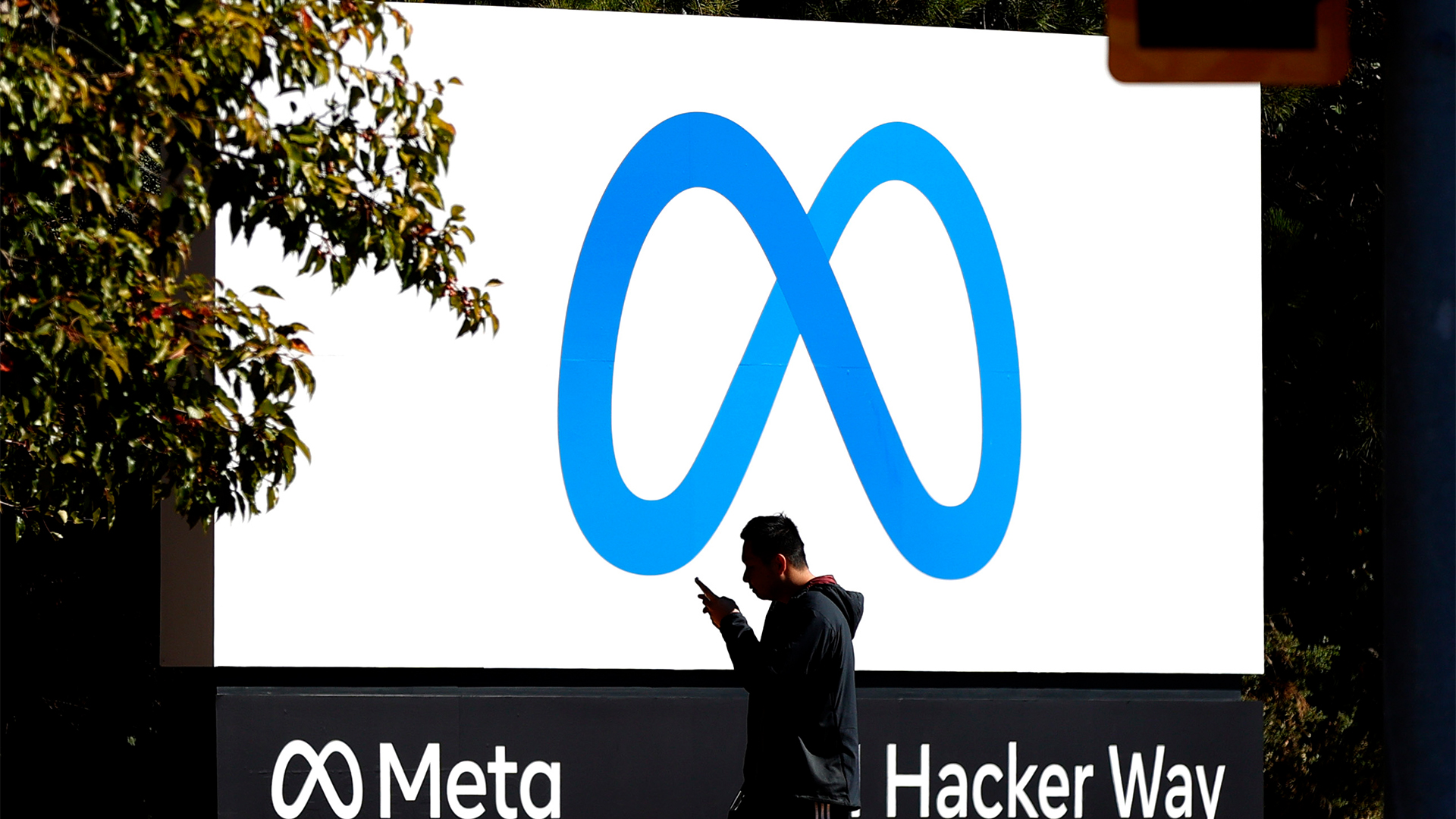 Meta layoffs hit staff at WhatsApp, Instagram, and Reality Labs divisions
Meta layoffs hit staff at WhatsApp, Instagram, and Reality Labs divisionsNews The 'year of efficiency' for Mark Zuckerberg continues as Meta layoffs affect staff in key business units
-
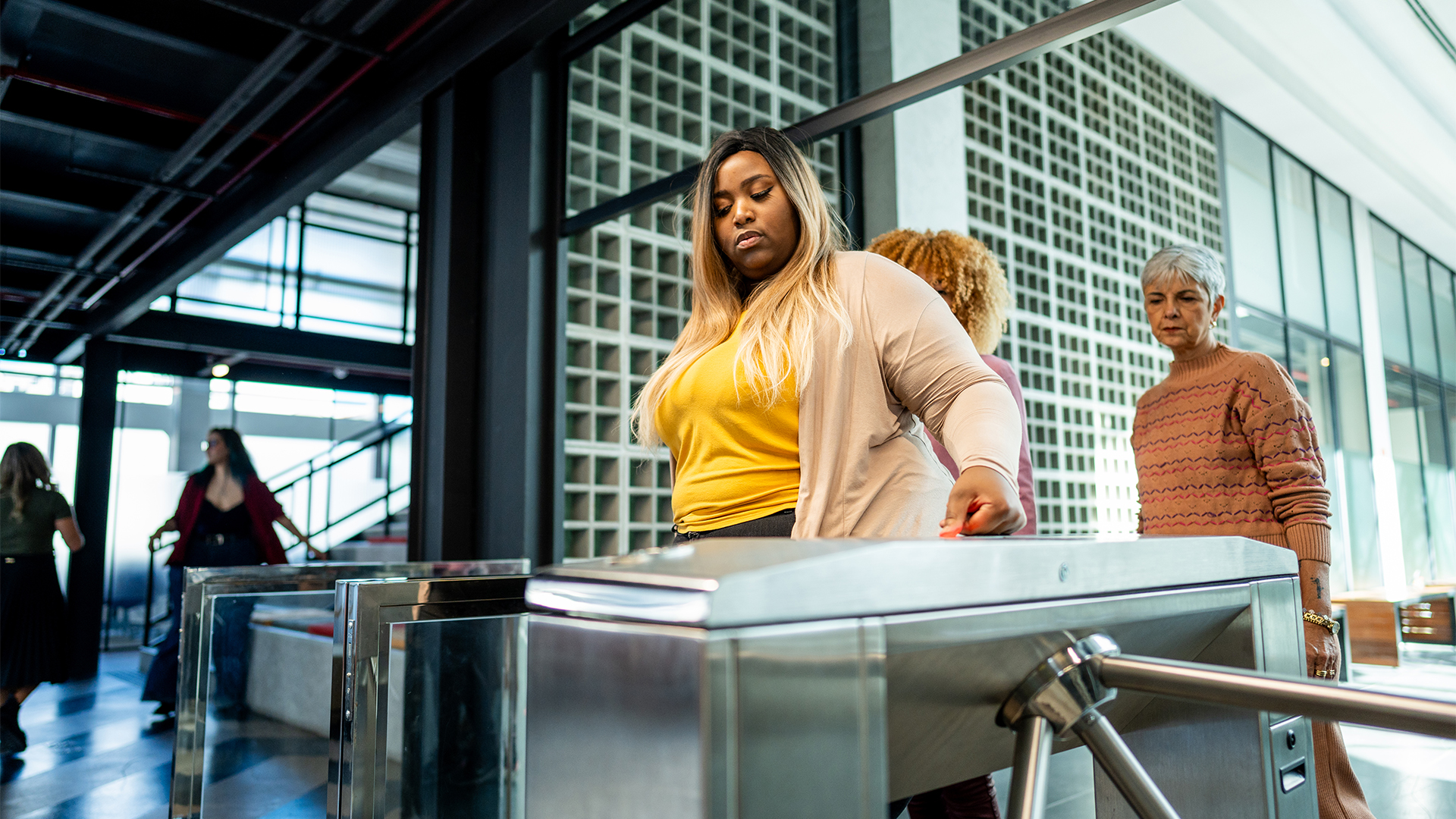 Business execs just said the quiet part out loud on RTO mandates — A quarter admit forcing staff back into the office was meant to make them quit
Business execs just said the quiet part out loud on RTO mandates — A quarter admit forcing staff back into the office was meant to make them quitNews Companies know staff don't want to go back to the office, and that may be part of their plan with RTO mandates
-
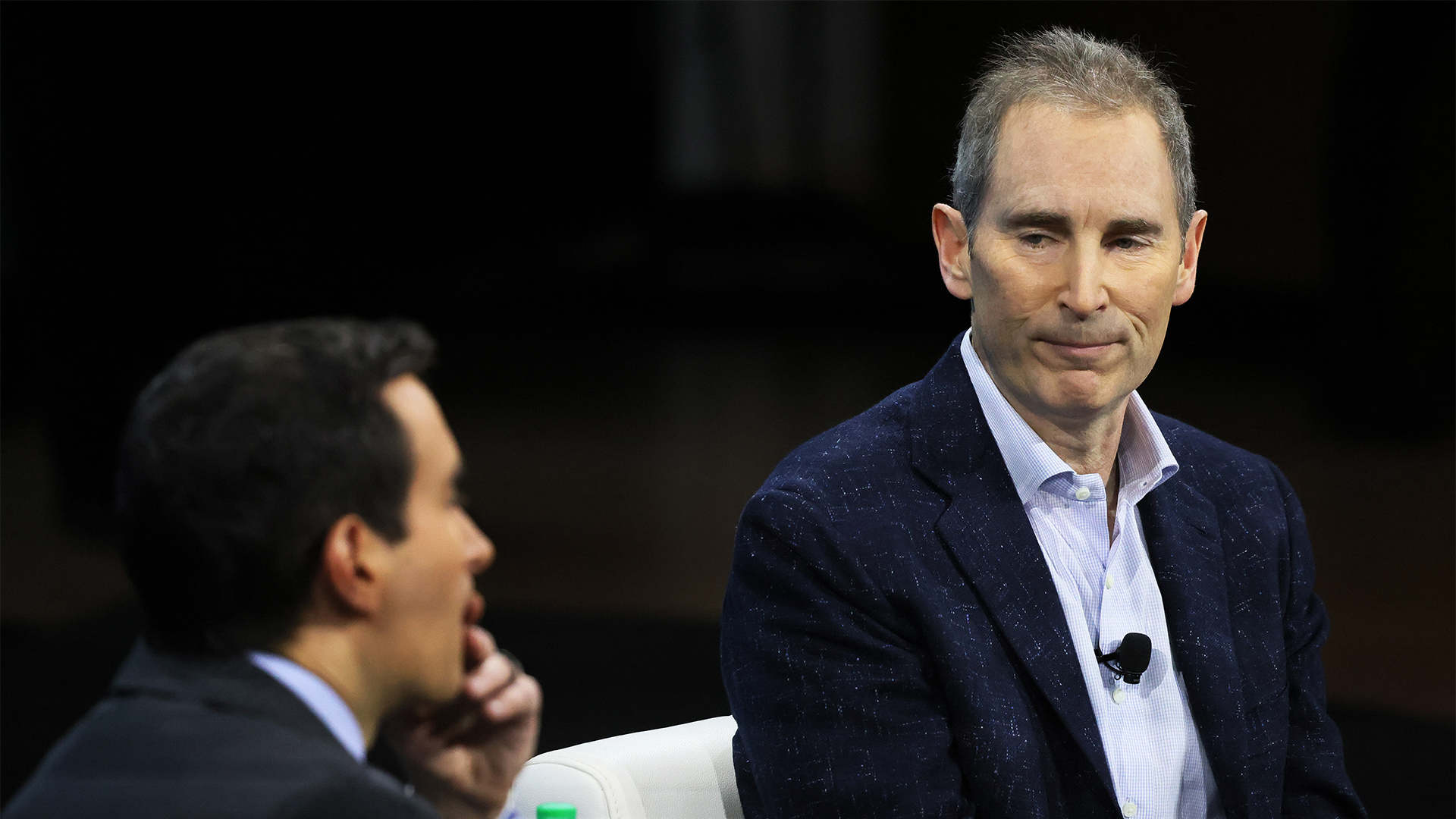 Amazon workers aren’t happy with the company’s controversial RTO scheme – and they’re making their voices heard
Amazon workers aren’t happy with the company’s controversial RTO scheme – and they’re making their voices heardNews An internal staff survey at Amazon shows many workers are unhappy about the prospect of a full return to the office
-
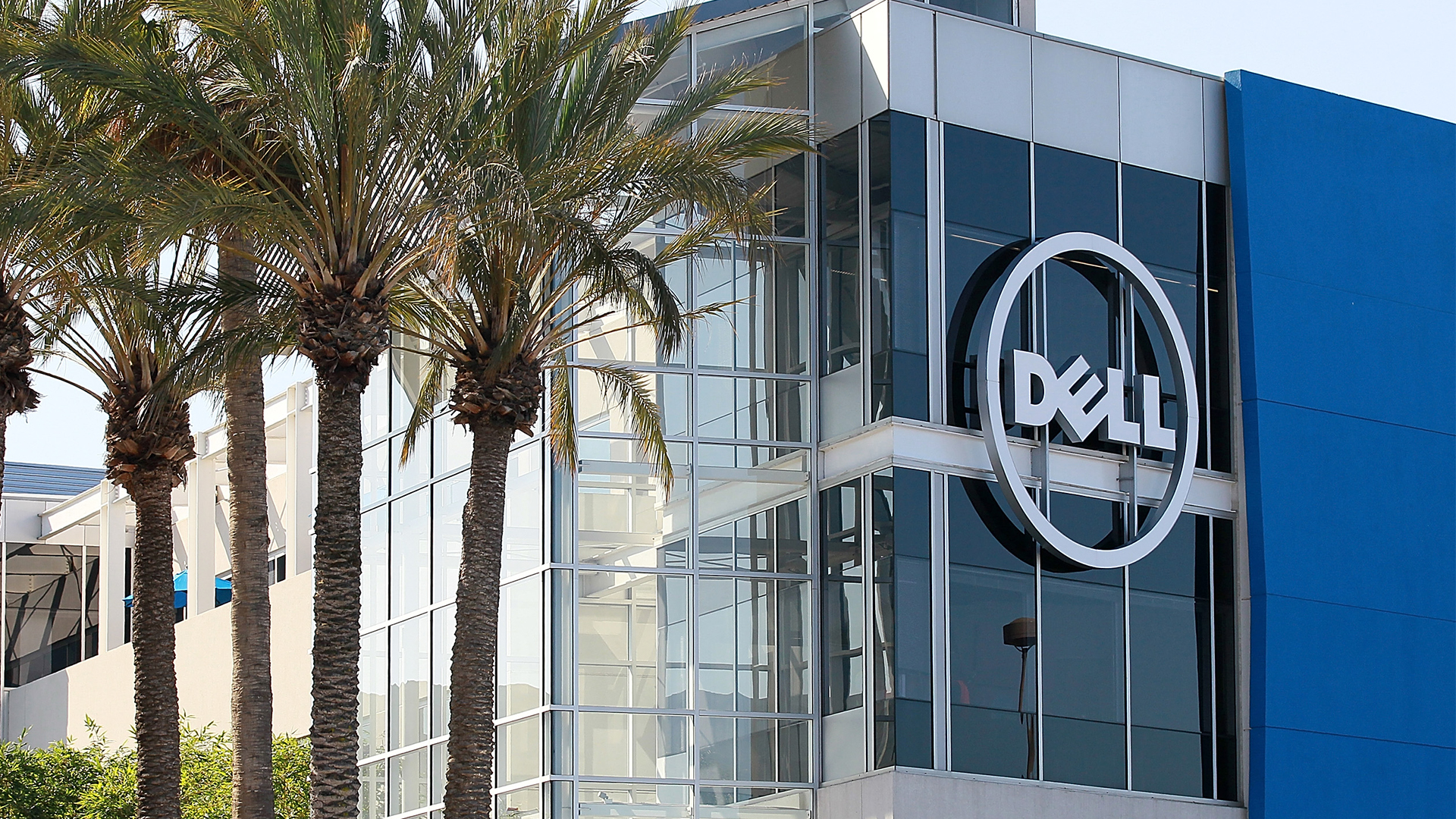 Predicts 2024: Sustainability reshapes IT sourcing and procurement
Predicts 2024: Sustainability reshapes IT sourcing and procurementwhitepaper Take the following actions to realize environmental sustainability
-
 Advance sustainability and energy efficiency in the era of GenAI
Advance sustainability and energy efficiency in the era of GenAIwhitepaper Take a future-ready approach with Dell Technologies and Intel
-
 Tech execs pushed for a return to the office – now they’re backtracking amid a workforce revolt, with only 3% of firms asking staff to return full-time
Tech execs pushed for a return to the office – now they’re backtracking amid a workforce revolt, with only 3% of firms asking staff to return full-timeNews Return to office mandates have failed miserably, and many businesses appear to be admitting defeat
